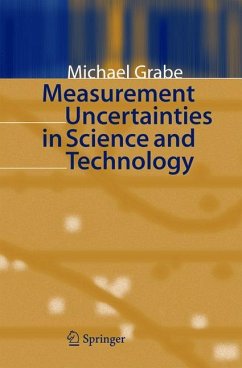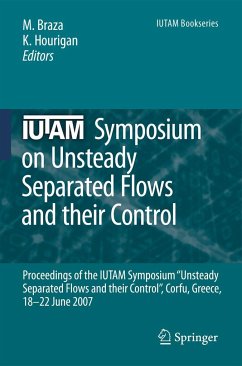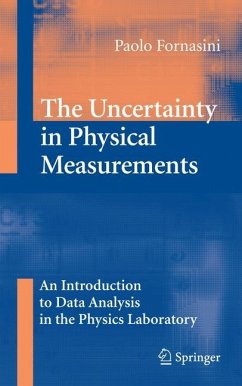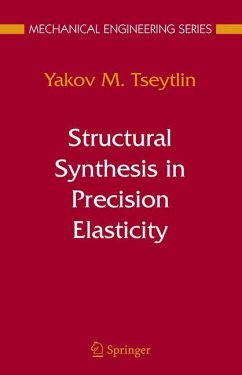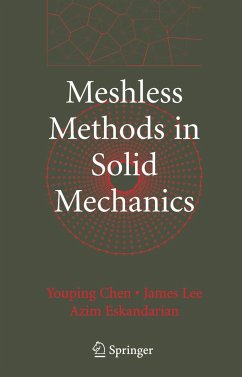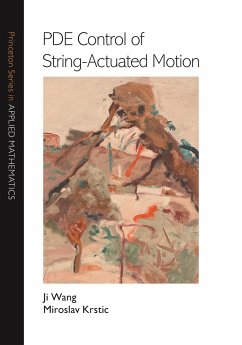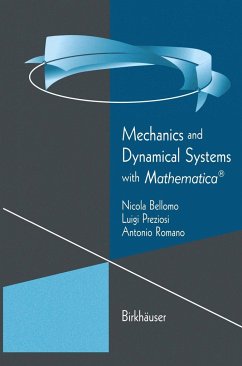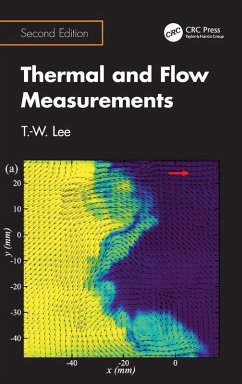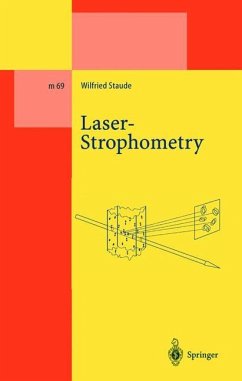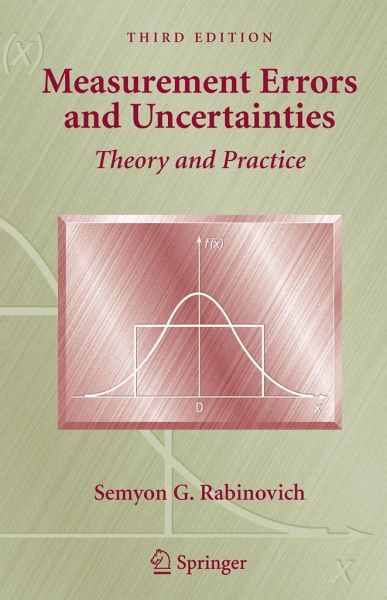
Measurement Errors and Uncertainties
Theory and Practice

PAYBACK Punkte
38 °P sammeln!
The major objective of this book is to give methods for estimating errors and uncertainties of real measurements: measurements that are performed in industry, commerce, and experimental research. This book is needed because the existing theory of measurement errors was historically developed as an abstract mathematical discipline. As a result, this theory allows estimation of uncertainties of some ideal measurements only and is not applicable to most practical cases. In particular, it is not applicable to single measurements. This situation did not bother mathematicians, whereas engineers, not...
The major objective of this book is to give methods for estimating errors and uncertainties of real measurements: measurements that are performed in industry, commerce, and experimental research. This book is needed because the existing theory of measurement errors was historically developed as an abstract mathematical discipline. As a result, this theory allows estimation of uncertainties of some ideal measurements only and is not applicable to most practical cases. In particular, it is not applicable to single measurements. This situation did not bother mathematicians, whereas engineers, not being bold enough to assert that the mathematical theory of errors cannot satisfy their needs, solved their particular problems in one or another ad hoc manner. Actually, any measurement of a physical quantity is not abstract, but it involves an entirely concrete procedure that is always implemented with concrete te- nical devices-measuring instruments-under concrete conditions. Therefore, to obtain realistic estimates of measurement uncertainties, mathematical methods must be supplemented with methods that make it possible to take into account data on properties of measuring instruments, the conditions under which measu- ments are performed, the measurement procedure, and other features of measu- ments. The importance of the methods of estimating measurement inaccuracies for practice can scarcely be exaggerated. Indeed, in another stage of planning a m- surement or using a measurement result, one must know its error limits or unc- tainty. Inaccuracy of a measurement determines its quality and is related to its cost.



